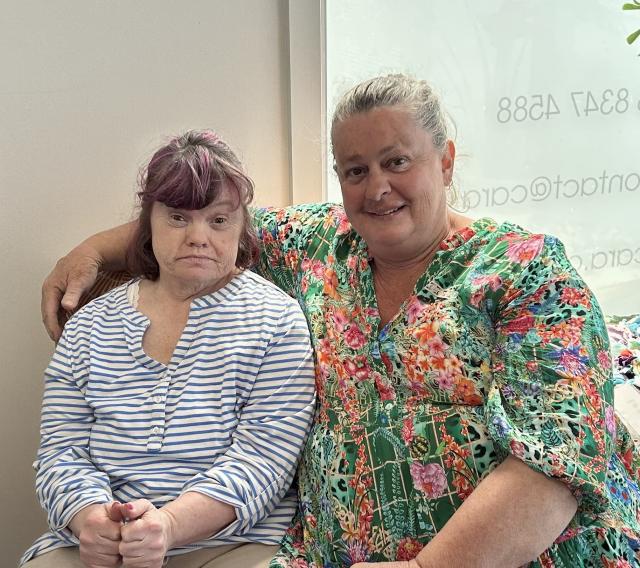Siblings important for NDIS support

Digital Edition
Subscribe
Get an all ACCESS PASS to the News and your Digital Edition with an online subscription
Criticism over plan to cap council rates
A Liberal Party commitment to cap council rates if elected has been criticised by the Eyre Peninsula Local Government Association (EPLGA).
The party announced on...







